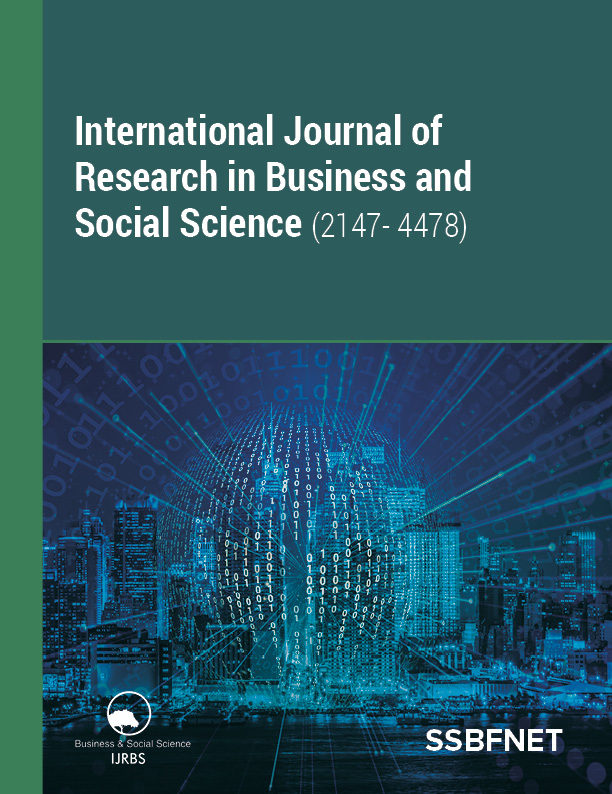
International Journal of Research in Business and Social Science
Yazarlar: Mohammed Khalis, Hind Hourmat
Konular:-
Anahtar Kelimeler:Well,Eing;,Social culture;,Cognitive experience,Emotional experience.
Özet: Wondering about, «what does 'A happy workplace' mean? », has always been a rhetorical question. Be that as it may, this study examined the underlying implicit correspondence between social culture and employee subjective well-being. Previous research studying well-being predictors and constraints has failed to propose a precise model that exposes the different determinants of employee subjective well-being. To address this gap, this paper considers cultural dimensions, as subjective well-being predictors, and it considers individuals' emotional and cognitive experiences, as mediating factors. Online surveys were administered to 500 participants, and the structural equation model (SEM) was used to analyze the data. The astonishing results have revealed that people operating in organizations with higher power distance are less likely to have well-being, on the other hand, employees at workplaces dominated by an Individualistic mindset are more prone to have a fulfilling work life.